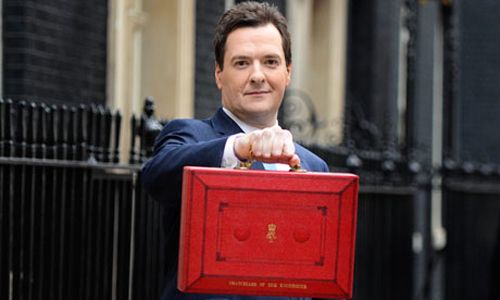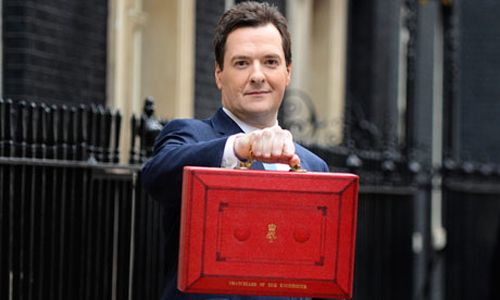

George Osborne has this week revealed the Government’s 2015 Spending Review in which he has pledged to build more than 400,000 new homes by the end of the decade.
A £7bn public investment in new homes will see first-time buyers aged under 40 being offered 20% loans in an attempt to help get young people onto the housing ladder. While this scheme clearly shows that the Government’s intentions are well placed, the question everybody is asking is simply: who will build these homes?
Julia Evans, BSRIA chief executive, commented: “Today’s [Wednesday 25 November] announcement could lead to thousands of new jobs and apprenticeships being created in the sector but we must, therefore, ensure that industry can indeed find the much-needed qualified and experienced construction employees to meet this demand.”
Similar statements expressed the concerns of industry professionals across the board as Owen Goodhead, managing director of Randstad CPE, commented: “As a country we need to find 100,000 carpenters, 89,000 plumbers, 27,000 bricklayers. We’re facing a shortage of 9,000 floorers and 14,000 roofers. To build enough homes the UK needs to train an extra 30,000 quantity surveyors and 61,000 project managers.
“In order to tackle any credible amount of houses being built before the end of the decade, apprenticeships will be as valuable as bricks.”
In an attempt to provide the workforce needed to meet Mr Osborne’s claims, he has also stated that 3 million apprenticeships will have started by 2020 as a result of the Government’s new Apprenticeship Levy. Coming into effect in April 2017, the scheme will see employers with an annual paybill in excess of £3 million (reportedly less then 2% of UK employers) contributing 0.5% of their wage bill to fund apprenticeships.
The Chancellor has stated that as a result of the scheme, by 2019-20, spending on apprenticeships will be double the level of spending in 2010-11 in cash terms. However, further concerns have been raised with regards to the effect that this scheme will have on SME businesses, as it is feared that it will neglect those that should be benefiting from apprenticeships the most.
Brian Berry, chief executive of the FMB, said: “SME developers will have an important role to play in delivering the smaller scale sites across the country. The last time we built in excess of 200,000 homes in one year was in the late 1980s when two-thirds of all homes were built by small developers. SME house-builders now only build little over one quarter of all new homes which points to another serious capacity issue – we need more small house-builders to enter the market and also for SME house-builders to crank up their delivery of new homes in order to build the Chancellor’s 400,000 new affordable homes.”
Further to this, it is feared that the tax taken to fund the scheme will leave those smaller businesses worse off, as Dr Diana Montgomery, chief executive of the CPA commented: “Today [25 November] we learned that it [the Apprenticeship Levy] will be paid on payrolls in excess of £3 million. The Chancellor suggests that this means less than two per cent of UK employers will pay it; however, we estimate the levy may affect manufacturers with as few as 100 employees.”
This sentiment is echoed by Julia Evans, BSRIA chief executive, who is also wary of the impact the levy may have on other types of vocational training. She explained: “For construction and building services, the priority must be delivering high quality apprenticeships, viewed positively by employers. And although we finally have clarity over the threshold of the apprenticeship levy, it will trouble corporate businesses who will have to pay what is, in essence, a payroll tax. It is important that the delivery of the levy doesn’t dent other types of vocational training, which could be better suited to some businesses in the industry. Otherwise this is simply another example of ‘robbing Peter to pay Paul’ on behalf of business that will not have the desired result.”
The full Spending Review and Autumn Statement can be viewed here.



